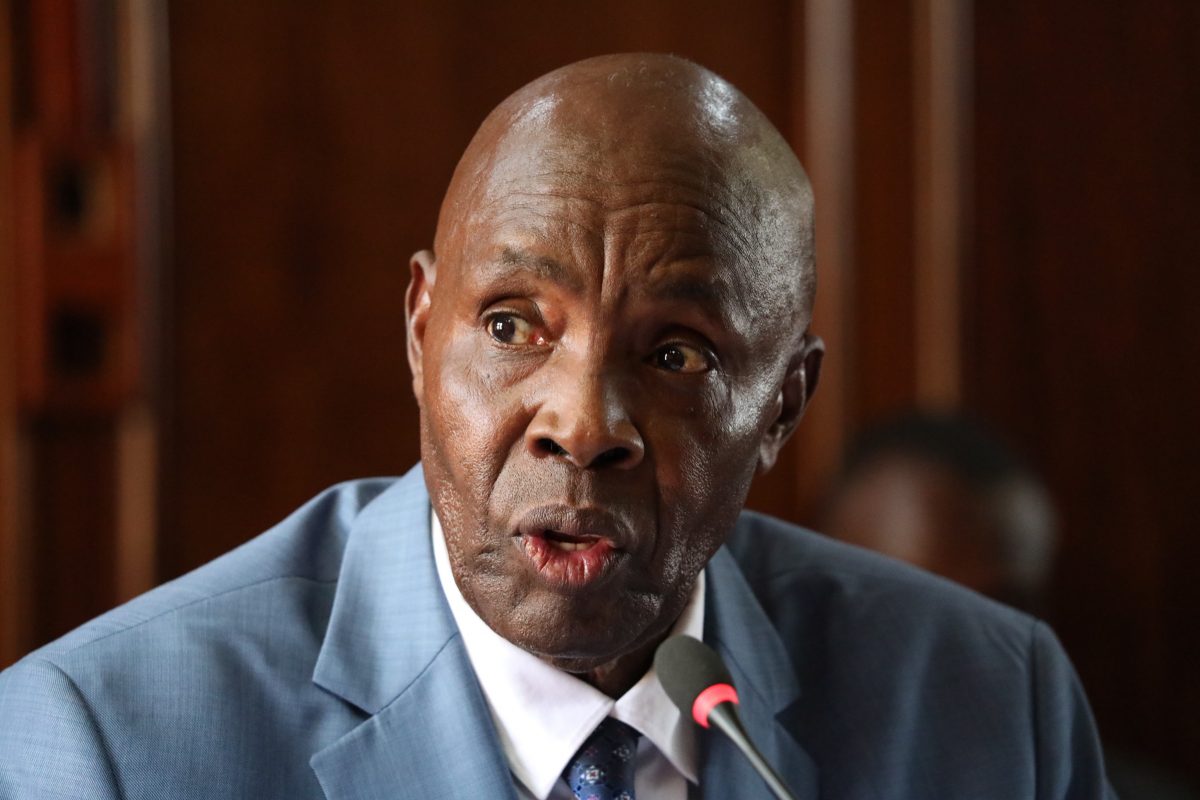Government Embarks On Assessing The Influence Of The Program On Educational Equity

The government, along with its key partners, has initiated a fact-finding mission to assess the impact of the Kenya Primary Education Equity in Learning (KPEEL) program in selected schools nationwide.
Led by senior officials from the Directorate of Projects Coordination and Delivery in the Ministry of Education (MoE), a technical team has embarked on a ten-day field visit to review the status of the four-year program introduced in 2022.
Martha Ekirapa, the KPEEL Project National Coordinator, stated that the exercise, part of the fourth implementation support mission, aims to cover at least 13 counties from March 20th to 29th. The technical teams, which include representatives from multinational organizations such as the World Bank and UNHCR, are expected to present their findings for discussion at the Kenya Institute of Curriculum Development (KICD) upon completion of the mission.
Last Thursday, World Bank senior education specialist Ruth Charo and Elijah Mungai, the director of the Directorate of Projects Coordination and Delivery, initiated the nationwide exercise in Lodwar town, Turkana County.
The team visited schools in the Kakuma Refugee Camp, where collaboration between the Department of Refugees Services, UNHCR, Jesuit Refugee Services, and other partners has led to the establishment of new schools for the resettled refugee community.
The review will encompass counties such as Turkana, Samburu, Bungoma, Siaya, Kisii, Bomet, Narok, Kisumu, Kakamega, Uasin Gishu, Nakuru, Mombasa, and Kwale. The teams will assess sample schools and analyze the impact of the KPEEL program on the learning environment.
A significant outcome observed during the mission was the positive effect of the school feeding and scholarship component on learners within refugee communities at the UNHCR Kakuma Refugee Camp. The initiative has notably improved retention and transition rates, particularly among girls.
The KPEEL program, aligned with the government’s NESSP II initiative, aims to address inequities in access to quality basic education, with a specific focus on the girl child, including those in and around refugee camps.
Benefitting approximately six million learners in primary schools, including 221,529 children in refugee hosting counties, the program encompasses components such as infrastructure development, school meals, environment, governance, and accountability to achieve desired results.
